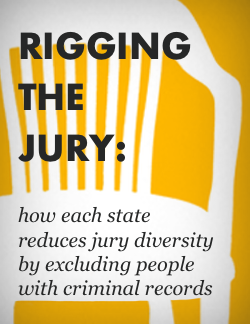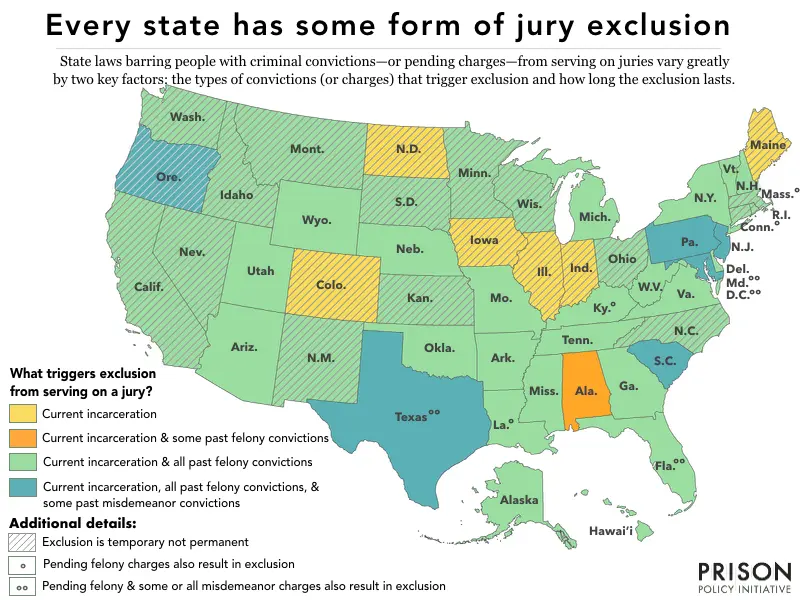This is the title of a fascinating new working paper by Andrew Novak, Assistant Professor of Criminology, Law and Society at George Mason University, about a little-studied issue: collateral consequences of tribal convictions and how they are mitigated or avoided. This is an important topic not currently addressed in our national resources on restoration of rights and record relief. Here is the abstract:
This paper surveys American Indian tribal justice systems to assess whether collateral consequences attach to convictions and whether a pardon or expungement process exists to remove tribal convictions. Tribal criminal jurisdiction is often limited to lesser crimes and only those occurring on a reservation by members of the tribe; with exceptions, other cases are transferred to U.S. state or federal court. The framework of the tribal pardon power varies widely across jurisdictions: it may be exercised by a tribal executive, a tribal legislature or council, a specially appointed pardons board or committee, a vote of the tribal membership, or some combination of the above. Some jurisdictions instead have a traditional peacemaking, forgiveness, or reconciliation ritual process in lieu of a true pardon or expungement process.
Many Indian tribes impose collateral consequences for convictions both in tribal court and in state or federal court. Most commonly, these consequences restrict tribal membership and rights, including the right to vote in tribal elections or hold tribal office, but they may extend to housing, gaming licenses, tribal employment, and other areas. Many tribal jurisdictions do not have a pardon or expungement process, despite having collateral consequences attach to convictions. Several tribal courts have considered whether their tribal constitutions create an implied pardon power where one is not specifically provided for in tribal law. As a normative matter, this paper takes the position that tribal jurisdictions should have a pardon or expungement process (or its equivalent in indigenous law) where collateral consequences attach to conviction.
The draft of this working paper is available here.






